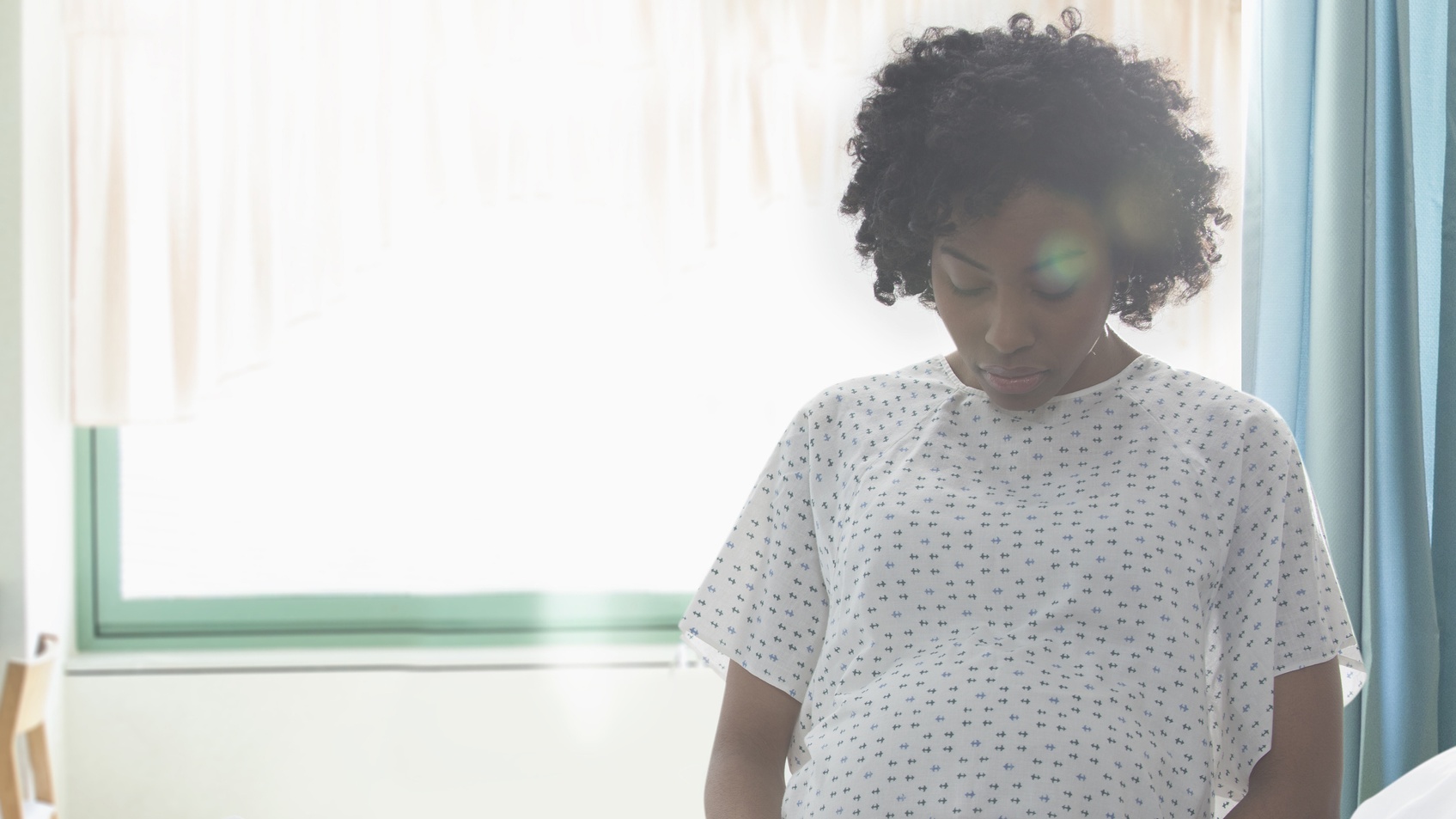With the coronavirus pandemic disproportionately affecting Black communities and Black mothers, the White House issued a proclamation this week recognizing Black Maternal Health Week and pledged to take measures to address the health crisis.
According to NBC News, White House officials announced on Tuesday that its initial initiatives include providing $6 billion for the Special Supplemental Nutrition Program for Women, Infants and Children (WIC) and dispersing more than $250 million to implicit bias training, medical programs, early childhood development efforts, family planning programs and other efforts benefiting families.
Black Maternal Health Week, occurring April 11 through April 17, aims to bring awareness to Black women’s maternal and reproductive healthcare.
Three years ago, the Black Mamas Matter Alliance launched the first-ever Black Maternal Health National Campaign, according to its website, and the cause has grown in notoriety.
Public health professionals, reproductive justice advocates, doulas, midwives and other supporters of women’s health rights across the country participate in the weeklong event that features a variety of webinars, training and mutual aid. This year, many of the events are virtual, which only underscores how drastically the coronavirus has affected the Black maternal health community.
Since the COVID-19 outbreak, the pandemic has highlighted the stark shortcomings in the nation’s health system, especially in regards to Black expecting moms. NBC News reports that Black women have suffered from limited in-person prenatal care, limited support during labor, social isolation and increased anxiety due to financial concerns.
According to the CDC, Black women have faced a higher propensity for pregnancy-related fatalities. Black pregnant women over 30 are dying at a rate of four to five times higher than their white peers.
Although hard data on the total impact of the pandemic is limited, advocates and activists like Dana Sherrod, birth equity manager with the Cherished Futures for Black Moms and Babies, Public Health Alliance, are anticipating dismal outcomes.
"Covid is really exacerbating the stressors that exist for Black birthing folks. We know that high stress prenatally contributes to some of the inequities we see," Sherrod said in an interview. "Black women really have these unique experiences, and Covid is substantially adding to the stress of Black people. I imagine we're going to see that in our birthing outcomes."
Despite the limited data, a Sept. 2020 study from researchers at the University of Pennsylvania discovered that pregnant Black women are disproportionately afflicted by the pandemic.
According to the report, expecting Black women were more likely than white women to report that the pandemic had negatively affected their jobs and that the economic health and stability of their home had suffered as a result. They also reported having more anxiety than white women in regards to an effective and safe pre and post-birthing experience.
“Black women reported worrying more about the financial burden of the pandemic, currently having Covid-19, and dying from Covid-19,” the research stated. “Together, these findings suggest that greater economic burden of the pandemic on Black communities is a key stressor among Black pregnant women.”
